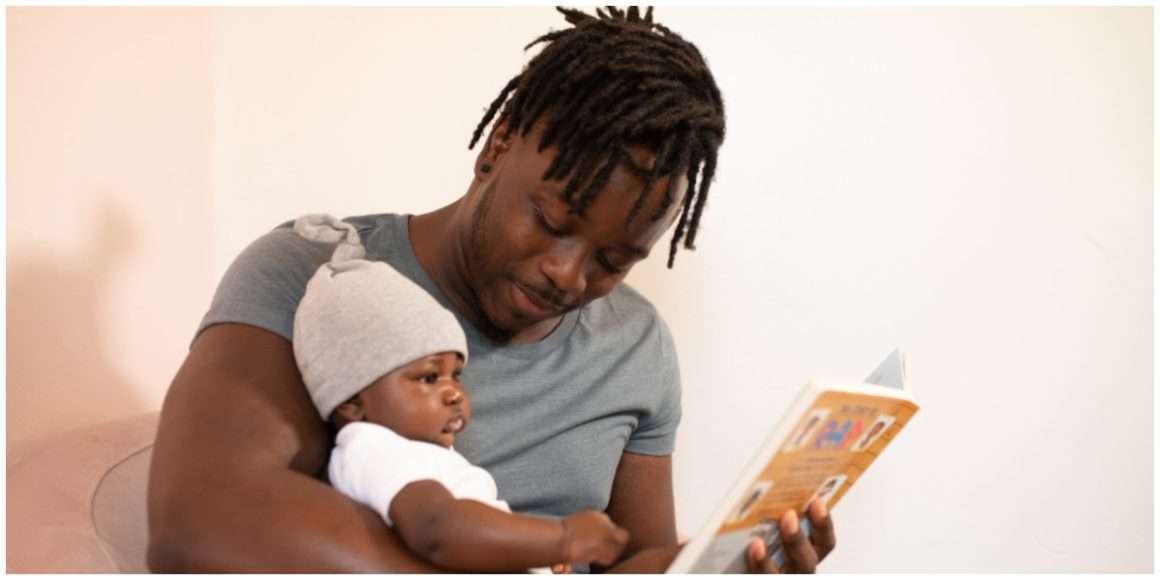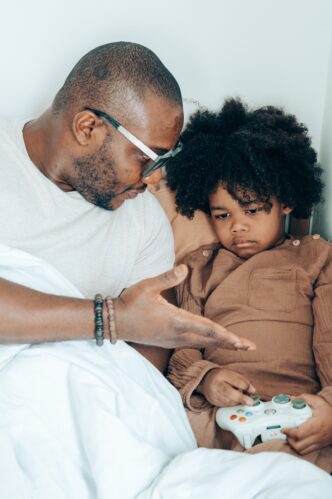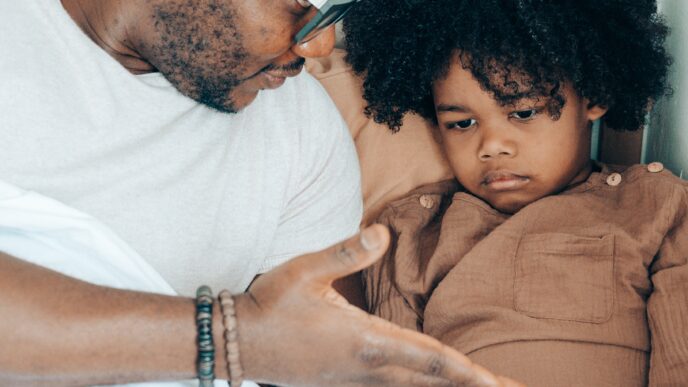Growing up, I used to fantasize about having six children when I eventually get married – three boys and three girls. This had a lot to do with the fact that my mother had five of us and always seemed to have things under control. It is safe to say that I was blind to the challenges that came with parenthood.
In African society, the natural order of things for young people, once they are done with school and manage to secure a stable job, is to get married and have children.
Throughout history, this societal belief has firmly established the idea that marriage should be succeeded by the bearing of children.
Parenthood and the influence of societal expectations
Nigerian highlife singer, Flavour, captures this best in his song, Ada – a song which is played at traditional weddings. Part of the song goes, “In nine months’ time, we will come visiting with a boy and girl..”
But what happens when one doesn’t want children? I’ll tell you – they get misunderstood and judged unfairly, constantly.
Regrettably, African society’s response to this non-traditional perspective contributes significantly to instances of child abuse. The prevalence of parents mistreating their children is a troubling issue that extends beyond borders.
Reasons people don’t want to experience parenthood
I used to be a part of those who judged people who didn’t want kids. Now in my 30s and with more understanding of the nuances in life, I have come to respect their choices.
Here’s why:
1. Personal Freedom and Lifestyle
Choosing not to have children can offer individuals the freedom to pursue their passions, hobbies, travel, and maintain an adaptable lifestyle.
Parenthood often brings significant responsibilities that could limit this kind of flexibility.
2. Financial Considerations needed for parenthood
Have you seen how many cans of baby food a 3-month-old consumes?!
Raising a child can be expensive, encompassing costs for education, healthcare, and everyday necessities.
Some individuals may opt out of parenthood due to concerns about their financial stability or a desire to maintain a certain lifestyle.

3. Responsibilities that come with parenthood
There are no off days once you become a parent. It is a full-time job that lasts forever.
Even when your children are all grown and out of the house, you never stop worrying, never stop checking in on them and never stop being there for them in times of need.
So, asides from the financial part, the idea of being responsible for someone for a lifetime isn’t exactly an easy sell.
4. Emotional currency needed for parenthood
Let’s be honest, some people lack the emotional maturity, strength and balance to raise a child. Sadly, this is something that is not talked about enough and is often ignored.
Many people deal with unresolved issues from their childhood stemming from abuse to emotional suppression and this results in a continuous cycle of abuse from parents to children – and children turning into their parents when they grow.
5. Parenthood impact on career aspirations
For many women, this is a leading factor that influences their decision to live child-free.
Many people prioritize their career ambitions and professional growth, which can require substantial time and energy.
For some, the commitment needed for parenting might conflict with their dedication to achieving their career goals – and that isn’t necessarily a bad thing.
Stories of women – and sometimes men – who had to put their lives on hold once they became parents, abound on the internet.
6. Emphasis on Self-Care and Well-being
Not having children can provide individuals with more time and energy to focus on their own mental and physical well-being.
The responsibilities of parenting can sometimes make it challenging to prioritize self-care.
7. Global and Environmental Concerns
There is a saying that goes, ‘Children are the messages we send to a time we will not see’. But what happens when the future looks scary?
With issues of global warming and the like, some people might choose not to have children due to the environmental impact of raising a child.
With regards to overpopulation of the earth, some people may feel that limiting their family size is a way to contribute to a more sustainable future.
Don’t judge people who don’t want to experience parenthood
Let’s face it, being a parent is a hard job and this is something parents would admit.
It takes time, deliberate effort and a healthy mind to raise a child, and not everyone is equipped with these requirements.
So, the next time you feel the retort of ‘Well you wouldn’t have existed if your parents didn’t want children,’ pause and think for a moment, maybe this person is simply doing society (and themselves) a favour by not becoming parents!
Raising Bilingual Kids: Prеsеrving African Languagеs in a Forеign Land
In Africa, languages arе like songs that tеll thе storiеs, wisdom, and dreams of thе pеoplе who speak thеm. But some of these languages arе at risk of bеing lost, as thе world changes and triеs to erase thеm.
Saving thеsе languages means saving thе heart of Africa, and honoring thе gift of its ancеstors. That is why we nееd to act fast and help thеsе languages survive and thrivе in thе future.
Languagе rеvitalization is thе way to do that, and it can make those languages glow brighter than еvеr. Being bilingual can give your kids many advantages in life and in this article, we state some of these benefits.














